Irritable Bowel Syndrome (IBS): Symptoms, Foods to Avoid and Foods that Heal
Irritable Bowel Syndrome (IBS): Symptoms, Foods to Avoid and Foods that Heal
An estimated 15-20% of all Americans have Irritable Bowel Syndrome, or IBS (helpforibs.com).
This chronic, long-term, and incurable condition which is also called spastic colitis, mucus colitis, and nervous colon syndrome, is a gastrointestinal disorder that causes abdominal pain, bloating, mucous in stools, irregular bowel habits, and alternating diarrhea and constipation.
The large variety of symptoms such as sensitivity or intolerance to certain foods that cause digestive problems, alternating bouts of diarrhea and constipation, pain, diarrhea, constipation, bloating, can be controlled, but you have to eat the right type of foods that don't make tummy situations worse.
What foods should people with IBS avoid?
The rule of thumb here is to avoid foods that irritate or cause the body to work harder to process (mostly all fried, acidic, and processed foods.
If the foods you are eating cause gastric distress or overstimulation, resulting in diarrhea or constipation, pain, gas, and bloating, try taking extra measures in your dietary choices to help your body.
Limit the amount of dietary fat (the single most powerful digestive tract stimulant), most animal meats, dairy products, nut butter, processed foods, fried foods, pretty much anything in a carnival or state fair, coffee, carbonated beverages, alcohol, and tobacco products.
Don’t be discouraged, however. Even though this short list may seem like taking all the fun out of snacking and eating, the body is very adaptable and re-trainable.

You owe it to your digestive tract and body to nourish it with wholesome, anti-inflammatory, fiber filled, and fresh foods.
It is sad to hear many of my clients tell me that their doctor recommends a diet of wheat bran and raw veggies (for the fiber) and not mention a thing about stress, either.
First of all, too much raw veggies or insoluble fiber and not enough soluble fiber can immediately aggravate IBS symptoms. People with IBS should focus more on the foods with soluble fiber.
Secondly, stress is often a major factor in how people chose what to eat and the body produces more not-so-good-for-you hormones to try to combat the bad feelings. Taking up stress-reducing meditation or exercises daily should definitely address some of those anxieties.
Try reaching for more soluble fiber:
oatmeal, oat cereal, lentils, apples, oranges, pears, oat bran, strawberries, nuts, flax-seeds, beans, dried peas, blueberries, psyllium, cucumbers, celery, and carrots
Why?
Soluble fiber attracts and bonds with water to form a healthy bulk, which slows down digestion. Soluble fiber delays the emptying of the stomach and makes people feel satiated, which in turn helps to control hunger and weight.
This process also affects blood sugar levels and has a beneficial effect on insulin sensitivity, has been shown to lower the LDL "bad" blood cholesterol and may help people with diabetes control their insulin levels.
Avoid Insoluble fiber:
most grains, whole wheat, bran, corn bran, seeds, nuts, barley, couscous, brown rice, bulgur, zucchini, celery, broccoli, cabbage, onions, tomatoes, carrots, cucumbers, green beans, dark leafy vegetables, grapes, raisins, assorted fruits, and root vegetables with skin. (WebMD)
Remember that we are focusing on an anti-inflammatory lifestyle, here, and that IBS, though its name has to do with the bowel, is a lot more collective than just the digestive and elimination tract.
The entire gastrointestinal system, which is closely linked to mental health, brain to gut communication, food hypersensitivity, genetics, and intestinal bacterial levels needs to be understood better before client recommendations are given.
There are many great resources that highlight very clearly the IBS dietary guidelines to follow and how to eat safely for Irritable Bowel Syndrome, based on the well-established effects certain categories of foods have on the GI tract.
One particular source I helpful is Laura Knoff’s, “The Whole-Food Guide to Overcoming Irritable Bowel Syndrome: Strategies and Recipes for Eating Well with IBS, Indigestion, and Other Digestive Disorders." (The New Harbinger Whole-Body Healing Series)
A great take away from many resources is this: there isn't one specific food(s) that causes Irritable Bowel Syndrome symptoms. It is far more comprehensive.
It’s actually MOST ALL foods that are high in fat, insoluble fiber, caffeine, coffee (even decaf), carbonation, or alcohol.
Why? Because all of these food categories are either GI stimulants or irritants, and can cause violent reactions of your gastrocolic reflex. This directly affects the muscles in your colon and can lead to IBS pain, constipation AND diarrhea, gas, and bloating.
So now what?
You have now identified that IBS is not fun and you have to live with it.
By educating yourself on what types of foods exacerbate your symptoms is a great first step. The next step is to prepare your kitchen for those foods that will irritate your gastric tract the least.
Which foods will help your colon ease bowel movements?
Below are general guidelines to foods that are a fan of people living with IBS.
Try to stay away from these as much as possible!
✗ Animal Meat
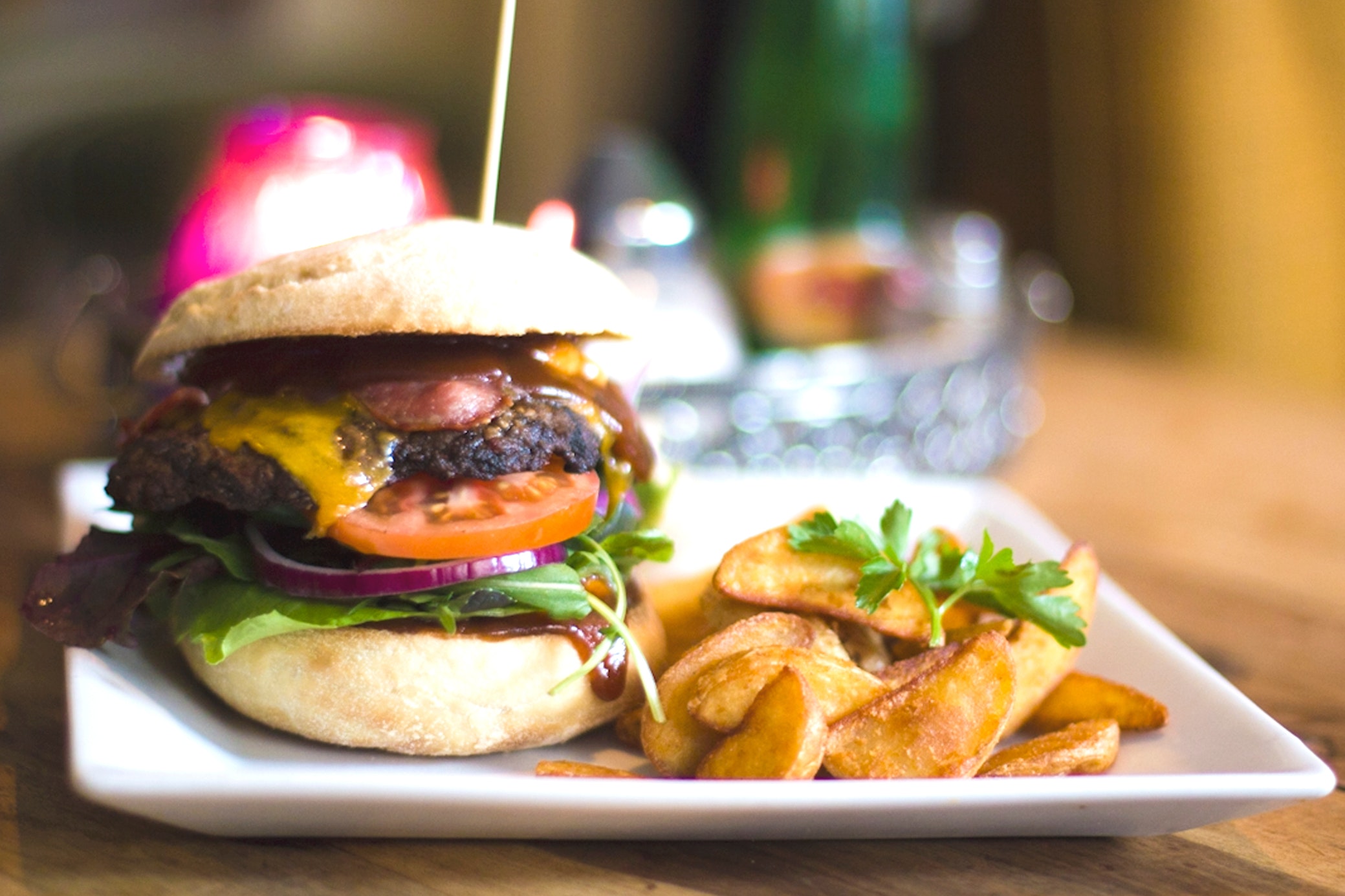
This pretty much is an umbrella term that steers people with IBS away from animals and animal by-products. This means the hamburgers at fourth of July BBQ's and the bratwursts at the county fairs.
If you are a meat and potatoes kind of eater, try meat substitutes that do not wreak havoc on your digestive tracts, such as tofu and beans.
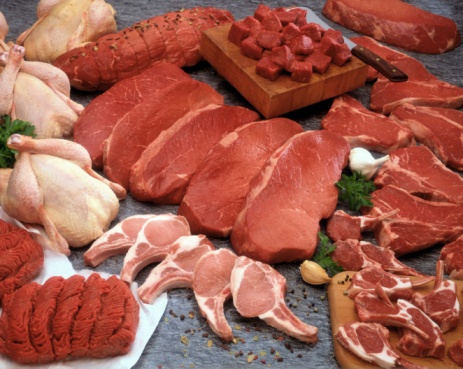
Some people with IBS say if you must have animal meat, choose those that are very lean and have little to no fat such as lean chicken or turkey. Also stay away from egg yolks (highly acidic and a big GI irritant!)
✗ Dairy products
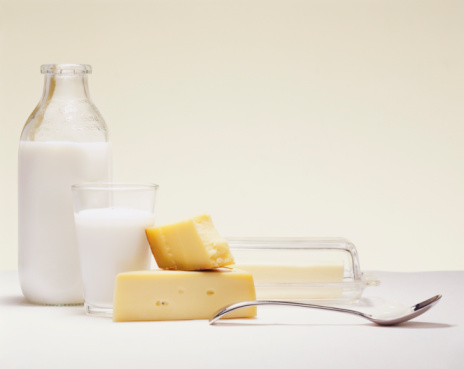
If it is made with the help of a cow, think twice before consuming . Dairy is a big IBS trigger even if you're not lactose intolerant. Blame the fat, lactose, and the proteins whey and casein for the trickle down effect on your digestion tract.
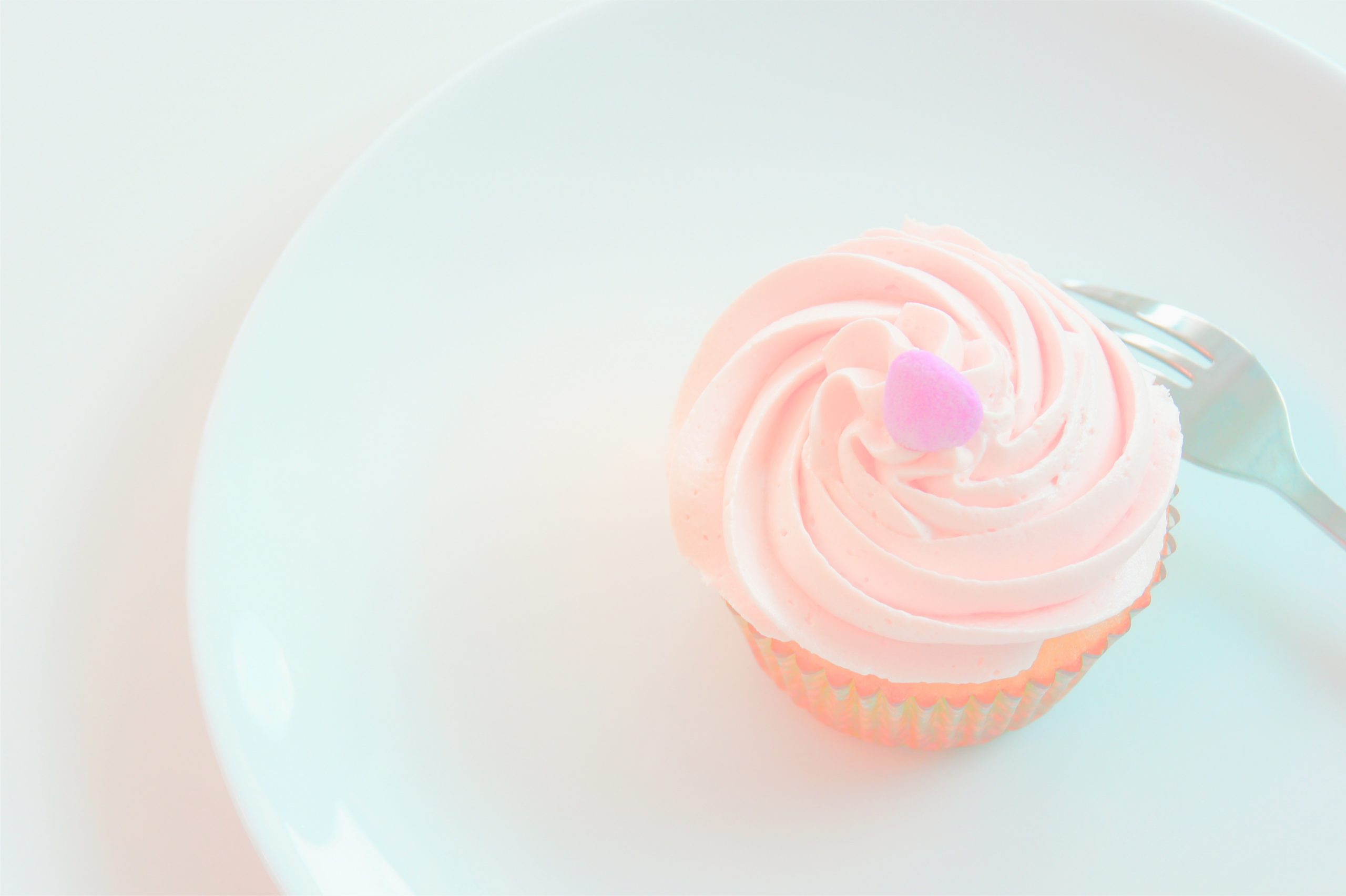
This also goes for workout shakes made from whey protein and power and meal replacement bars that have dairy in them. Read labels carefully and avoid eating out as much as possible. Many restaurants put cream, butter, and extra fat into dishes to make them tastier!
✗ Fried, High Fat, Fast Foods, Processed Foods, Oils, Margarine, and Shortening
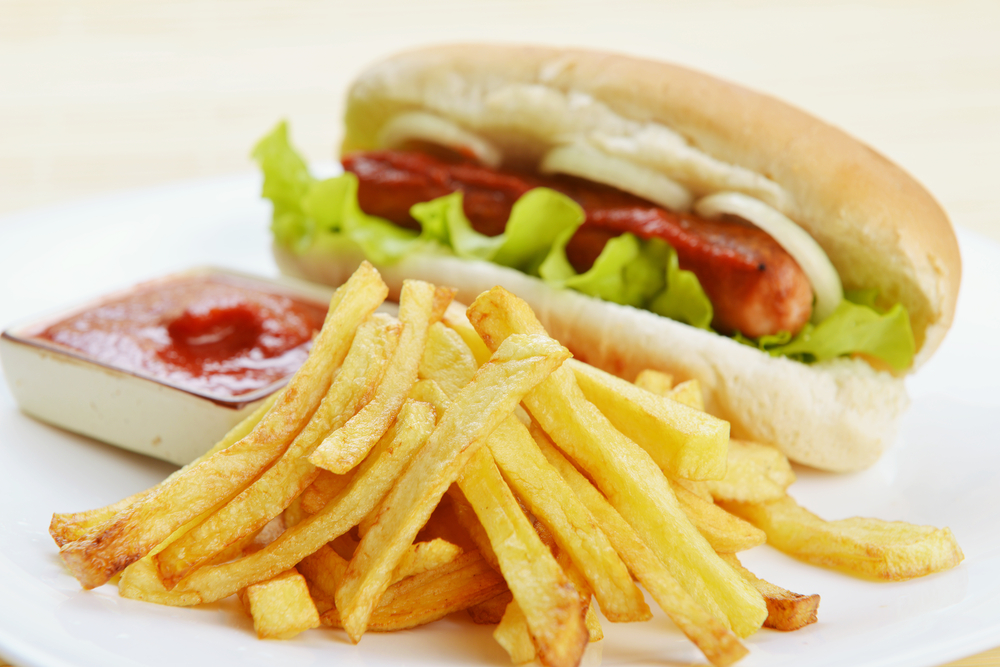
These foods and beverages offer no IBS benefits but plenty of IBS risks. If it is in a gas station, pretty much avoid them or read the labels very carefully!
✗ Coffee
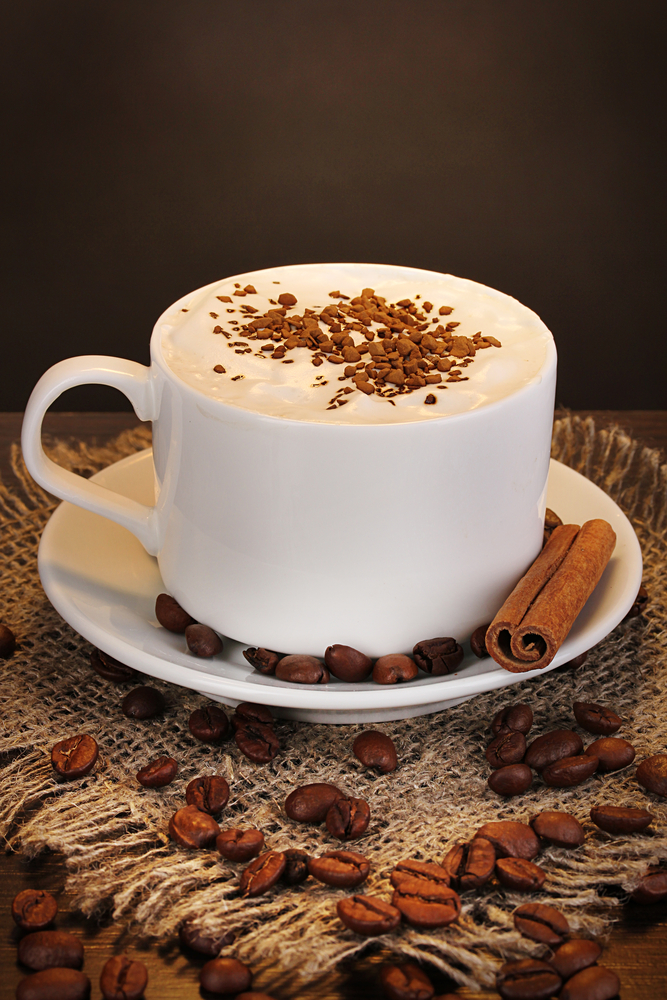
Sorry Starbucks fans, both regular AND decaf contain an enzyme that's an extremely powerful GI tract irritant. Coffee and most drinks with caffeine are very acidic!
Choose herbal or green teas instead. Better yet, eat an apple!
✗ Caffeine

Including chocolate is a GI stimulant and should be avoided, especially in higher doses.
✗ Alcohol
Alcohol is a GI irritant and often triggers IBS attacks, especially on an empty stomach (though small amounts of alcohol used in cooking are fine).

✗ Carbonation in soda, sparkling mineral water, and in juices can cause bloating and cramps.

There are even science soda kits sold to children now that teach children how to make their soda. Not only horrible for the digestive tract, but it also teaches little people nothing about the effects of over stimulating our digestive organs.
✗ Artificial Sweeteners
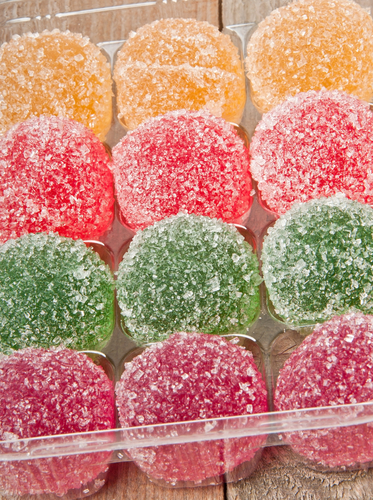
Fat-free, low fat, sugar-free, gum lovers and ice cream lovers and processed food lovers beware of artificial sweeteners, especially sorbitol and maltodextrin, both of which can trigger IBS pain, cramps, gas, bloating, and diarrhea.
✗ Artificial fats
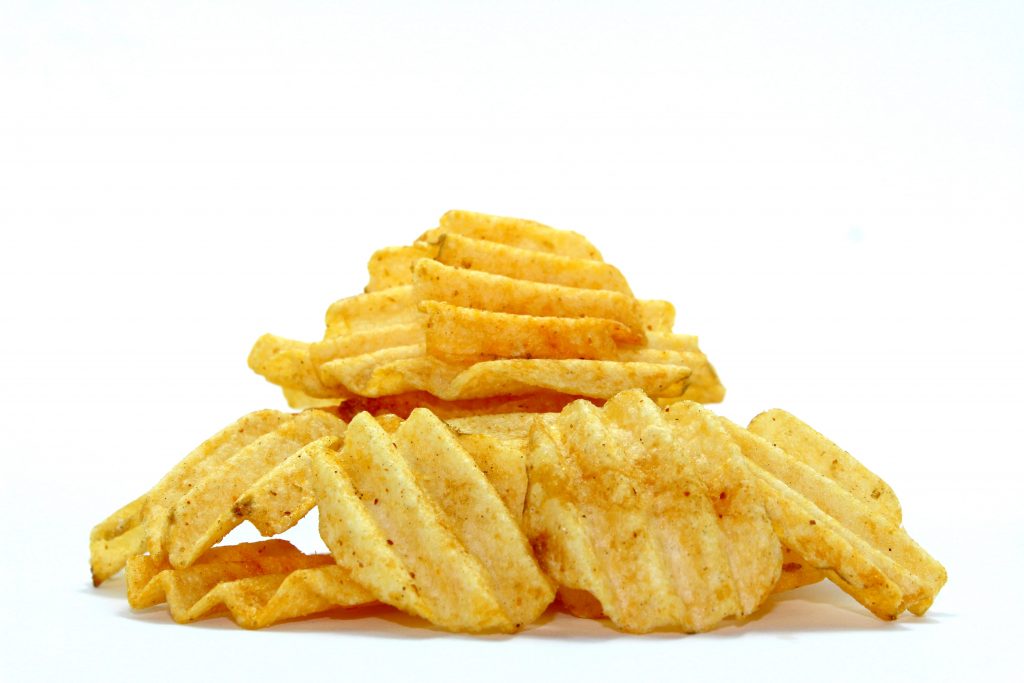
Artificial fats, namely Olestra in fat-free chips and other fat-free fried products have been reported to cause abdominal cramping and diarrhea in people who don't even have IBS – imagine what it can do to you.
✗ MSG
MSG is an additive that many people have a strong intolerance to. in many Asian style pastries, snacks and has acquired lots of ugly anecdotal evidence against it regarding all sorts of digestive upsets.

It can simply be avoided, so why take a chance?
Foods to Eat
Psyllium husks is a great source of soluble fiber, and can be extremely helpful when taken daily with plenty of water. Soluble fiber alone has the ability to normalize colonic activity from either extreme.
Foods that are naturally high in soluble fiber include steel cut oatmeal, basmati rice, non white potatoes with skin, French or sourdough bread with live cultures, soy, barley, and oat bran.
High in complex carbohydrates, these foods provide quick energy. Nuts, beans, and lentils are also good sources of soluble fiber. Watch fat contents on all nuts and nut butters.
Soluble fiber should ALWAYS be the first thing you eat on an empty stomach, and it should form the basis of EVERY snack and meal.
I always begin my mornings with a pro-biotic and 2 glasses of lukewarm water with lemon to reset the GI tract before consuming any foods.
The goal is to keep your body and blood at a PH of less than 7 and more alkaline state. By the foods we choose to eat, our colons will be able to stabilize and IBS symptoms can begin to subside and may eventually be dormant.
Additional sources: helpforIBS.com, mayoclinic.com, aboutIBS.org, healthflatters.com, amazon.com, halfmedical.com, and weightwatchers.com.